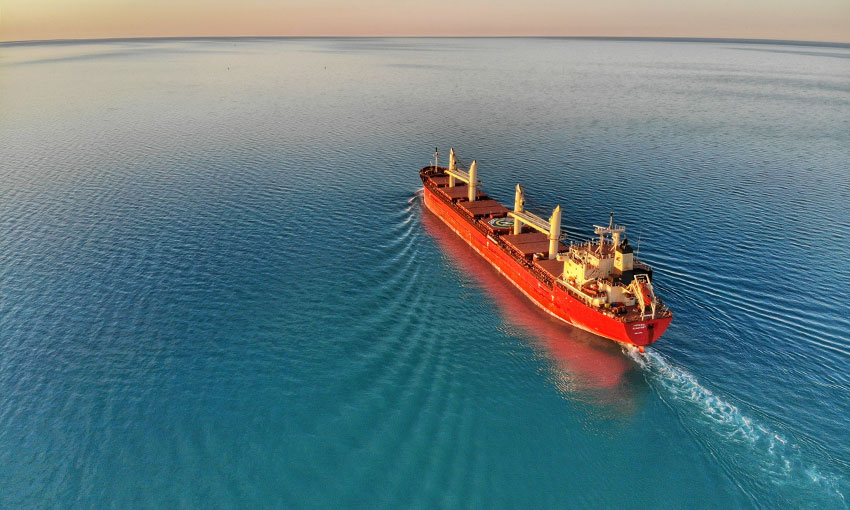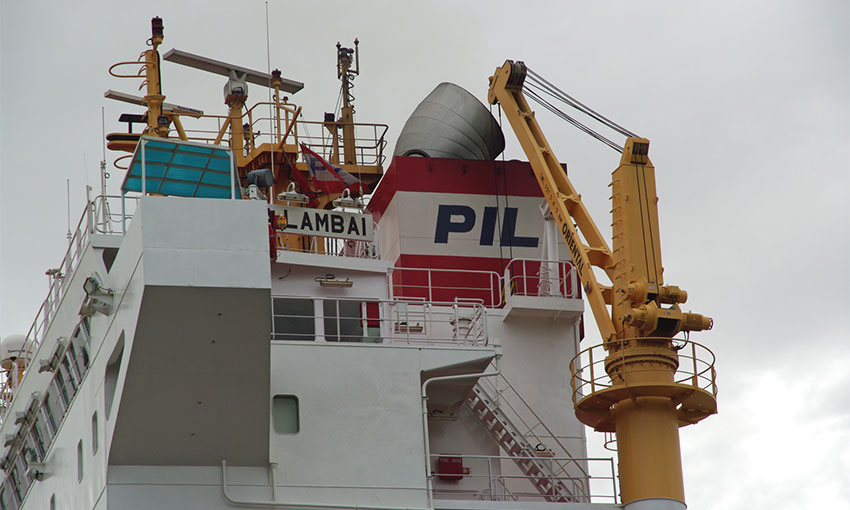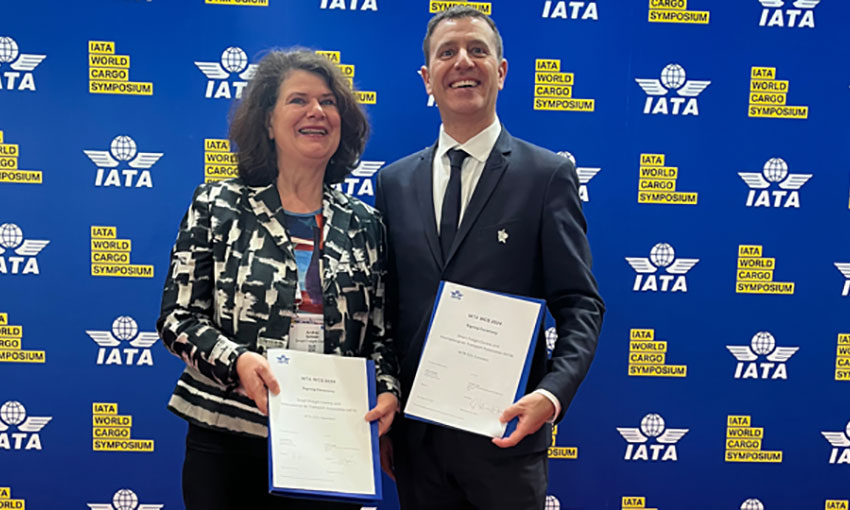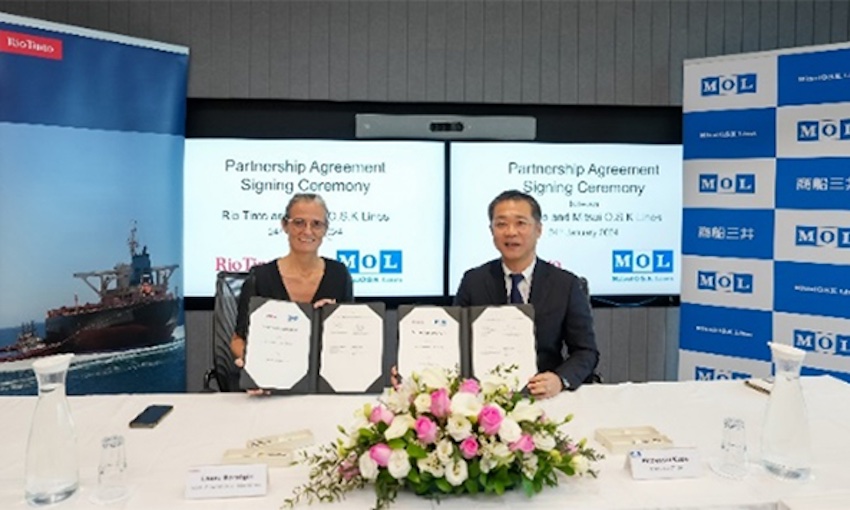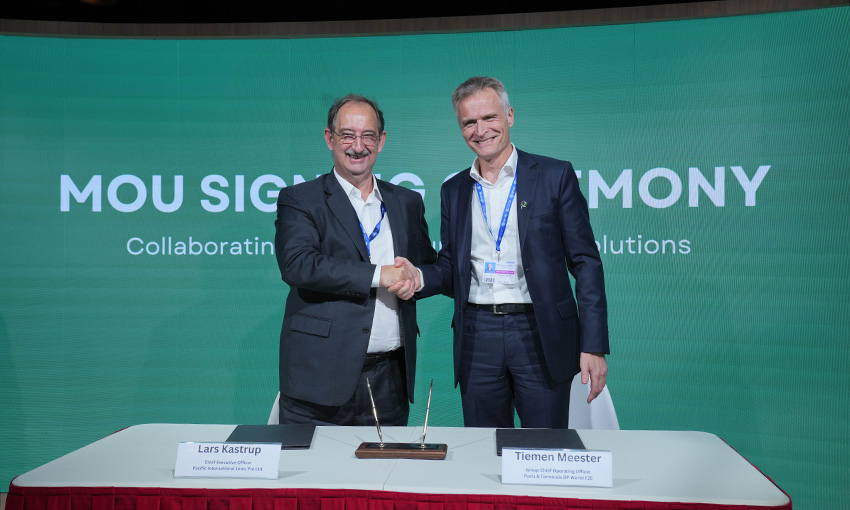GLOBAL shipping industry representatives and supporting governments have outlined proposals for how a global research and development fund can be tailored to support developing economies.
An initiative of the International Chamber of Shipping, the planned US$5 billion Maritime Research Fund (IMRF) was established to accelerate the research, development, and deployment of zero carbon technologies.
The updated proposals submitted to the International Maritime Organization suggested the fund could also be used to support the maritime decarbonisation of developing countries.
The modified proposal envisages the allocation of around 10% of the fund to greenhouse gas reduction projects in these countries, which include small island states vulnerable to a changing climate.
ICS deputy secretary general Simon Bennett said developing countries are experiencing the worst of the climate crisis.
“Industry wishes to earmark some $50 million per year to support greenhouse gas reduction projects in developing and climate vulnerable countries, including small island developing states,” he said.
“This would be a significant investment and a major boost to the IMO’s existing programmes to ensure that the global net zero transition is fair and equitable.”
Industry has also called on some governments who have reportedly sought to delay the immediate approval of the fund to reconsider their position at the next round of IMO discussions in May.
“We are concerned that the European Commission may wish to delay the IMRF by combining it with separate discussions about carbon pricing,” Mr Bennett said.
“Although we also want an IMO market-based measure as soon as possible, this will likely take several more years to negotiate.
“Meanwhile, the need to drastically accelerate R&D is becoming ever more urgent if a net zero target by 2050 is to be plausible.”
He said the IMRF is the only proposal currently prepared to accelerate decarbonisation across the sector.
“Opposition to its adoption will not only frustrate the rapid acceleration of R&D that is needed to support shipping’s net zero target for 2050, but also prevent a fair and equitable transition.”
Other elements in the revised proposal include encouraging funding for joint research and development projects between developed and developing countries, and a formula for co-funding projects to ensure differential treatment for companies and institutions in developing countries.
New provisions to assuage intellectual property concerns raised by governments were also considered.
The fund aims to raise US$5 billion via a US$2 levy per tonne of marine fuel consumed, to be paid entirely by industry at no cost to governments.

